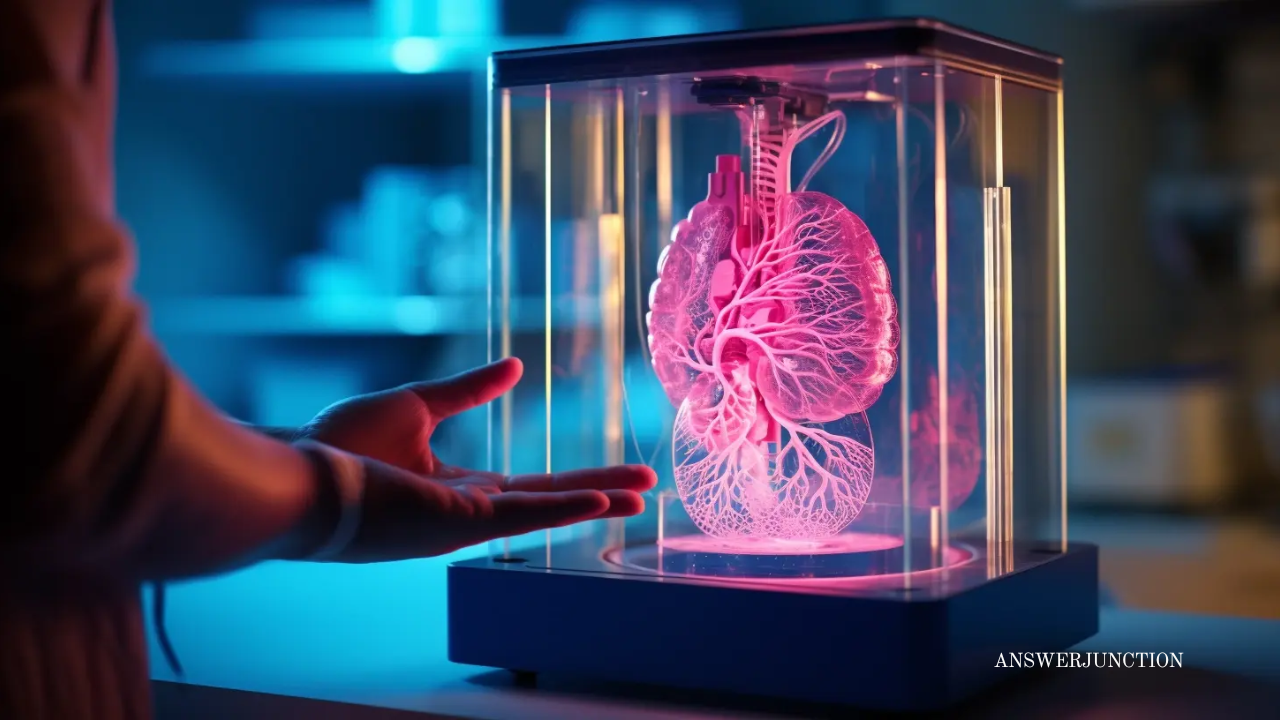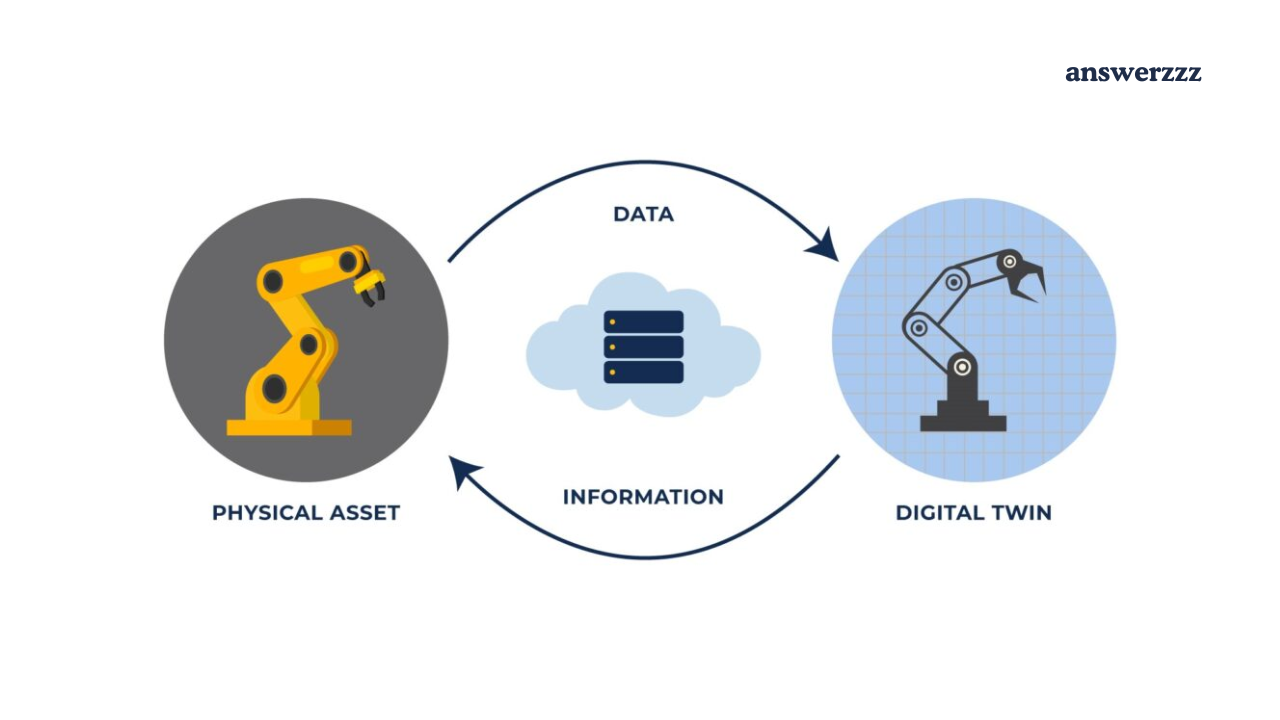In recent years, the intersection of quantum physics and healthcare has given rise to a transformative technological advancement known as quantum sensors. These cutting-edge devices leverage the principles of quantum mechanics to detect and measure various physical quantities with unprecedented precision and sensitivity. This evolution in sensing technology has the potential to revolutionize diagnostics, imaging, and treatment in the medical field, promising not only enhanced accuracy but also improved patient outcomes. To fully understand the impact of quantum sensors in healthcare, it is essential to explore their evolution, underlying principles, current applications, and future potential.
Understanding Quantum Sensors
Quantum sensors operate on the fundamental principles of quantum mechanics, which govern the behavior of matter and energy at atomic and subatomic levels. Unlike classical sensors, which rely on traditional measurement techniques, quantum sensors exploit phenomena such as superposition, entanglement, and quantum tunneling. These properties allow quantum sensors to achieve sensitivity that exceeds classical limitations, making them particularly valuable in healthcare applications where minute changes in biological signals can indicate significant health issues. For instance, the ability to detect tiny magnetic fields or minute changes in temperature can provide insights into cellular processes and disease states that were previously inaccessible.
The Historical Context
The journey of quantum sensors in healthcare began with theoretical explorations in the early 20th century, but it wasn’t until the late 20th century that significant advancements began to emerge. The development of quantum technologies gained momentum with the advent of laser technology and advancements in materials science, allowing researchers to manipulate and control quantum states more effectively. In the early 2000s, researchers began to investigate the application of these technologies in various fields, including healthcare. Initial experiments demonstrated the potential of quantum sensors in imaging and detection, setting the stage for further exploration and development.
Breakthroughs in Quantum Imaging
One of the most notable areas of application for quantum sensors in healthcare is in imaging technologies. Traditional imaging methods, such as magnetic resonance imaging (MRI) and computed tomography (CT), have limitations regarding sensitivity and resolution. Quantum sensors, particularly those based on superconducting materials, have demonstrated the ability to capture high-resolution images at significantly lower energy levels, reducing the risks associated with exposure to radiation. For example, quantum-enhanced MRI techniques are being developed to improve the contrast and clarity of images, allowing for earlier detection of tumors and other anomalies.
Advancements in Magnetic Field Detection
Another significant advancement in quantum sensors is their ability to detect weak magnetic fields, which has profound implications for healthcare. Magnetoencephalography (MEG), a non-invasive imaging technique that measures magnetic fields produced by neuronal activity, has traditionally relied on bulky and sensitive superconducting materials. However, quantum sensors, such as those based on atomic magnetometers, offer enhanced sensitivity and portability, making it feasible to conduct MEG scans in a clinical setting. This development enables healthcare professionals to map brain activity with unprecedented precision, aiding in the diagnosis and treatment of neurological disorders such as epilepsy and Alzheimer’s disease.
Enhancing Diagnostic Accuracy
The evolution of quantum sensors is also reshaping the landscape of diagnostics. Traditional diagnostic methods often involve invasive procedures or rely on biomarkers that may not always be present or easily detectable. Quantum sensors can facilitate non-invasive diagnostics by detecting subtle changes in biomolecular interactions or metabolic processes. For example, researchers are exploring the use of quantum dots, which are nanoscale semiconductor particles, to enhance the sensitivity of fluorescence-based assays. These quantum dots can provide real-time information about cellular responses to treatments, enabling personalized medicine approaches that are tailored to individual patient needs.
Applications in Drug Development
In the realm of drug development, quantum sensors are proving invaluable for understanding the interactions between drugs and biological systems. The ability to measure minute changes in molecular dynamics allows researchers to optimize drug formulations and delivery methods. Quantum sensors can also monitor real-time responses to pharmacological treatments, offering insights into drug efficacy and potential side effects. This real-time monitoring can accelerate the drug discovery process and contribute to the development of targeted therapies that minimize adverse reactions and enhance treatment outcomes.
The Role of Quantum Sensors in Precision Medicine
The concept of precision medicine, which tailors medical treatment to the individual characteristics of each patient, is gaining traction in healthcare. Quantum sensors are well-positioned to play a crucial role in this movement by providing detailed insights into patients’ unique biological profiles. By utilizing quantum sensors to monitor biomolecular changes at a granular level, healthcare providers can identify specific disease markers and personalize treatment plans accordingly. This approach not only improves treatment efficacy but also reduces the trial-and-error nature of traditional medical practices, ultimately leading to better patient outcomes.
Current Challenges and Limitations
Despite the significant promise of quantum sensors in healthcare, several challenges and limitations remain. One primary hurdle is the complexity of quantum technologies, which often require sophisticated setups and specialized knowledge for implementation. Additionally, integrating quantum sensors into existing healthcare infrastructures poses logistical challenges, particularly in terms of cost and training for medical personnel. Furthermore, as with any emerging technology, regulatory hurdles and the need for extensive validation studies must be addressed to ensure the safety and efficacy of quantum sensor applications in clinical settings.
Future Potential and Developments
The future of quantum sensors in healthcare is undeniably promising. As research in quantum technologies continues to advance, we can expect further innovations that will enhance the capabilities and applications of quantum sensors. Ongoing efforts to miniaturize quantum sensors and make them more user-friendly will likely lead to their widespread adoption in clinical environments. Furthermore, interdisciplinary collaborations between physicists, engineers, and medical professionals will foster the development of novel applications that harness the full potential of quantum sensing technologies.
Quantum Sensors in the Fight Against Disease
In the context of disease prevention and monitoring, quantum sensors offer unique capabilities. For instance, they can be employed in the early detection of infectious diseases by analyzing minute changes in biomarkers associated with infection. The rapid and sensitive detection of pathogens can facilitate timely interventions, reducing the spread of diseases and improving patient outcomes. Moreover, quantum sensors can play a role in monitoring chronic conditions by providing continuous data on physiological parameters, enabling healthcare providers to adjust treatment strategies proactively.
Educational Initiatives and Workforce Development
As the field of quantum sensing continues to evolve, there is an increasing need for educational initiatives and workforce development programs. Training healthcare professionals and researchers in quantum technologies is essential to harness the full potential of these innovations. Universities and research institutions are beginning to incorporate quantum physics and sensor technologies into their curricula, fostering a new generation of professionals equipped to drive advancements in healthcare. Collaborative efforts between academia and industry can also facilitate knowledge transfer and the development of practical applications that address real-world healthcare challenges.
The evolution of quantum sensors in healthcare represents a groundbreaking shift in how we approach diagnostics, imaging, and treatment. By leveraging the principles of quantum mechanics, these sensors offer unparalleled sensitivity and accuracy, enabling healthcare professionals to make informed decisions and provide personalized care. Despite the challenges that lie ahead, the potential of quantum sensors to revolutionize healthcare is immense. As research and development continue to progress, we can expect to witness a new era of medical innovation driven by quantum technologies, ultimately leading to improved patient outcomes and a deeper understanding of human health. The journey of quantum sensors is just beginning, and their impact on healthcare will undoubtedly shape the future of medicine for years to come.






